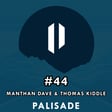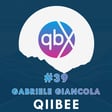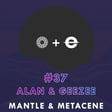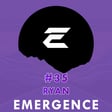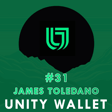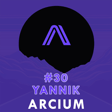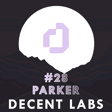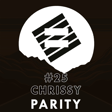
#13 CeFi and DeFi with OKX's Chief Innovation Officer Jason Lau | POT: The Cryptocurrency Podcast
Jason's adventure into cryptocurrency began back in 2013, during his time in the Bay Area. What started with attending local Bitcoin meetups blossomed into a full-blown passion, eventually leading him to his current role as Chief Innovation Officer at OKX.
His background in traditional finance coupled with a fascination for the intersection of finance and technology drove him towards the cryptocurrency, marking the beginning of an exciting journey in the industry.
OKXs Work in DeFi
OKX is making significant strides in simplifying the crypto experience for its users through its Web3 wallet. The wallet's multi-chain support, which currently accommodates over 85 different networks and protocols signals the direction where this industry is heading.
Across different products and teams, I see the same trend emerging. Abstracting away from the complexity of having to deal with multiple chains. In the future, we may very well be looking at "The Web3" or whatever its name will be as a whole, interconnected network of chains.
One wallet and one gateway to the entirety of web3 - at least that's the vision, but there's certainly still a long way to go to get there.
Community and Support
The team at OKX are also involved in contributing to the wider ecosystem in a number of ways. Jason points out for instance that OKX is, wherever possible relying on existing, open-source solutions rather than rolling our their own proprietary code.
This means that the team is putting time in developing and growing existing code bases.
Where that is not a possibility, OKX is offering grants and other incentives for developers in the space to build solutions for the Bitcoin ecosystem for instance.
Looking ahead, OKX is set to launch a Layer 2 solution, further enhancing the connectivity and efficiency of transactions across different blockchain protocols. This move is expected to contribute significantly to the ongoing evolution of the crypto ecosystem, making it more cohesive and user-friendly.
This podcast is fueled by Aesir, an Algorithmic cryptocurrency Trading Platform that I helped develop over the last 2 years that offers a unique set of features.
